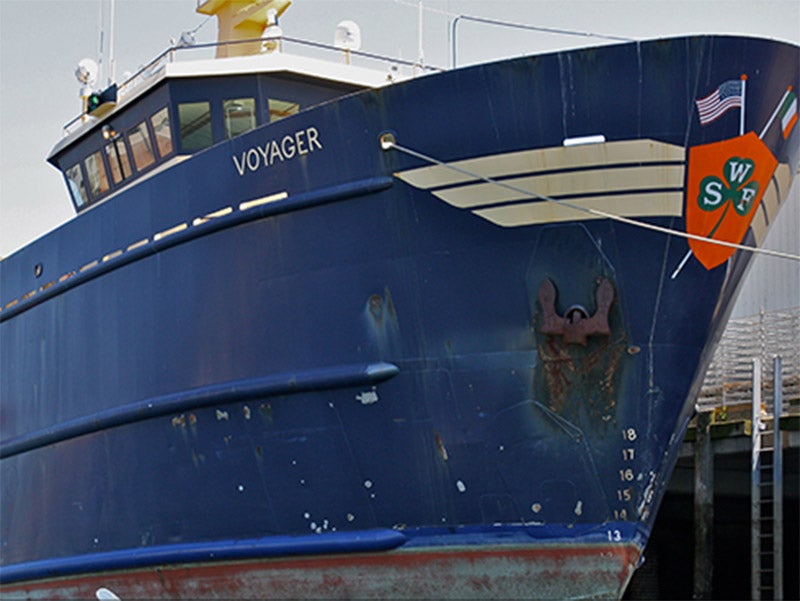Are the Feds Studying River Herring to Death?
The industrial Atlantic herring and mackerel fisheries continue to kill river herring by the millions as “incidental catch” with little oversight and no meaningful accountability.

This page was published 11 years ago. Find the latest on Earthjustice’s work.
The annual spring migration of river herring into East Coast estuaries and rivers historically supported a wealth of predator life, cultural events, and even thriving commercial fisheries.
But a deadly combination of overfishing at sea, dams and pollution in rivers has contributed to a 96 percent decline in river herring populations. Despite removal of dams and reduced pollution in rivers, the recovery has been stubbornly slow, leading scientists to say that the problems at sea must be addressed.
The industrial Atlantic herring and mackerel fisheries continue to kill river herring by the millions as “incidental catch” with little oversight and no meaningful accountability.
Conservationists have joined with recreational and commercial fishermen who understand the vital role river herring play in the ocean and coastal ecosystem to demand that the National Oceanic and Atmospheric Administration (NOAA) manage this fish consistent with the law.
So how does this agency respond? By forming a “working group” with over 80 people on it—many of whom represent the industry responsible for killing the fish. This industry has invested heavily over the years in blocking any efforts to effectively manage the species in federal waters.
This powerless, unmanageably large, and unfairly stacked Technical Expert Working Group is purportedly meant to comprehensively address the multifaceted problems facing river herring. But it looks more like an effort to study these little fish with a big impact to death.
The working group in fact appears to be more of a strategic effort not to restore river herring, given that it has been offered as a slow-burning substitute for moving ahead now with federally required management measures that would include biologically based catch limits, rebuilding plans, and protections of their essential habitat.
Moreover, it is not clear how this group will achieve anything given that NOAA recently rejected a regulation that would have required that all of the industrial-scale fishing vessels carry a government observer onboard to objectively collect data on what’s happening when these fish interact with these vessels. Moreover, at the first working group meeting NOAA announced the group would not make recommendations when its “work” is complete, in order to avoid certain federal agency meeting requirements.
Today the river herring continues is struggle for survival. Once celebrated in our culture; it now seems cast aside by our bureaucracy established to protect them under the law.
Earthjustice’s Oceans Program uses the power of the law to safeguard imperiled marine life, reform fisheries management, stop the expansion of offshore oil and gas drilling, and increase the resiliency of ocean ecosystems to climate change.